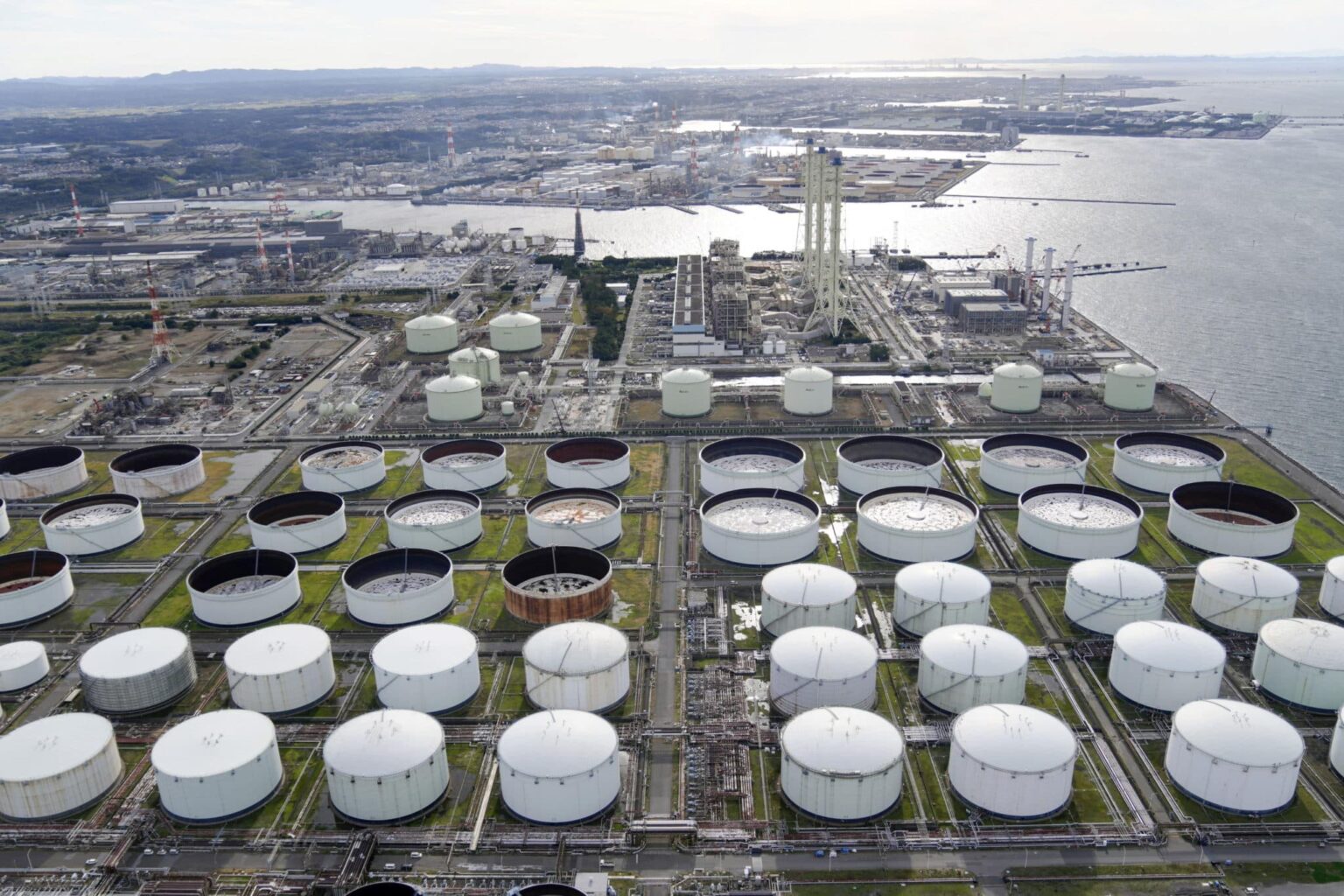- The Tanzania Electric Supply Company (Tanesco) is currently implementing almost ten hours of power rationing across the country.
- Tanzanian President Samia Suluhu Hassan has instructed the Tanesco chief to resolve the power rationing issue within six months.
- The country’s electricity grid is facing a shortage of 400 megawatts due to low water flow and maintenance issues.
Dear customer, please find today’s schedule for power rationing. This message has become all too familiar to millions of Tanzanians every morning, depressing news that now servs as a wake-up alarm from utility Tanzania Electric Supply Company (Tanesco).
Currently, power cuts in Tanzania, specifically in the commercial pulse, Dar es Salaam, range from 6 to 12 hours throughout the week, across various districts, including uprise sections.
The message comes as a shock not only to me but also to many Tanzanians as power cuts take a new toll in the nation with abundant alternative power sources such as natural gas, geothermal, solar, and wind.
“I don’t want to hear any more about power rationing…end the crisis in six months.” This is a bold statement from Tanzanian President Samia Suluhu Hassan to the newly appointed power supply authority manager in September 2023, filling the shoes.
The matter of power cuts is not new for Tanzania. Quite the contrary, there are memes and jokes passed around over the decades regarding power supply. But why is this round of power cuts an important case to observe?
According to Tanesco, the power rationing is a result of drought and maintenance issues that forced the authority’s hands to resort to the latter.
Further down the line, despite the nation investing billions of dollars in a hydroelectric dam, particularly the Julius Nyerere 2,115-megawatt hydropower project (a $2.9 billion project).
The Managing Director of Tanesco, Gissima Nyamo-Hanga, pointed out that currently, Tanzania has the capacity to generate around 1,900 megawatts, with natural gas accounting for nearly 65 per cent of its energy output.
Around 30 percent of power is generated from hydropower. Unfortunately, despite the energy mix, power supply is insufficient.
Reuters reported on September 28, 2023, that the largest peak electricity demand ever recorded was 1,431 MW in May 2023, up 7 per cent from a year before.
“We have a shortage of 400 megawatts in the national grid due to low inflow of water, maintenance of gas-powered plants, and the increasing demand for electricity,” Nyamo-Hanga said in a statement released in September.
The authority promised that rationing would end by March 2024, a rather long time for a nation seeking to ascend towards the heights of a middle-level economy.
As contemporary environmental hurdles, such as climate change, impact the flow of power generation in Tanzania, it begs the question of whether the East African country is capable of running the $2.9 billion dam dependent on river water.
Power Rationing Impacts Economy
It began on August 22 as a system error in Tanesco’s gas-fired power plants resulted in power outages in various parts of the country, coupled with hydropower dams facing water shortages, extending the rationing period until March 2024.
In the wake of the establishment of 5G technology to enhance internet connectivity, power cuts have worsened the digital divide, with internet services becoming more challenging in Tanzania, which, according to a report by Ookla, exhibits slower internet speeds compared to other Sub-Saharan African countries.
Despite having abundant natural gas and ample sunlight for solar energy extraction, Tanzania faces challenges in harnessing solar power. With only 38 percent electricity access, the country grapples with a shortage of 400 megawatts from various sources.
Tanesco’s chief assured the President of the necessity of significant infrastructure improvements to restore a stable power supply, pledging to inject at least 100MW of electricity into the national grid each month.
While infrastructure issues have been longstanding, the recent power rationing underscores deficiencies in Tanzania’s energy investments.
Tanesco boss promised a fix within the next six months, attributing increased electricity demand by 12 per cent to heightened economic activities and water shortages at power stations due to climate change.
The situation prompted changes within Tanesco and the Tanzania Petroleum Development Corporation (TPDC), including dismissals of managers and officials. Customer relations during the power rationing phase were flagged as a significant issue, leading to terminations. The Deputy Prime Minister emphasized the importance of public servants being accountable and respectful to citizens.
On the power development front, the government remains committed to ongoing projects, such as a 150MW solar farm, as part of its goal to achieve a 5,000MW capacity by 2025.
Read also: Energy outlook: access to electricity in Africa still short of SDG7
There is light at the end of the tunnel
Tanzania has made progress in establishing the right projects and strategies for power generation. The African Development Bank (AfDB) is facilitating Tanzania and Kenya to expedite the signing of three crucial agreements, enabling the exchange of excess electricity between the two East African countries through a $309.26 million line.
As the primary financier of the projects, AfDB anticipates the completion of the 507.5-kilometer line, stretching from the Isinya substation to Arusha via Namanga. This line aims to have a transfer capacity of 2,000 MW.
The power company is enhancing its services and aligning them with modern technology. Tanesco has recently introduced the Nikonect app, a platform that assists customers in requesting electricity connections online.
Read also: World Bank: Access to electricity in African states increasing at a slow pace
